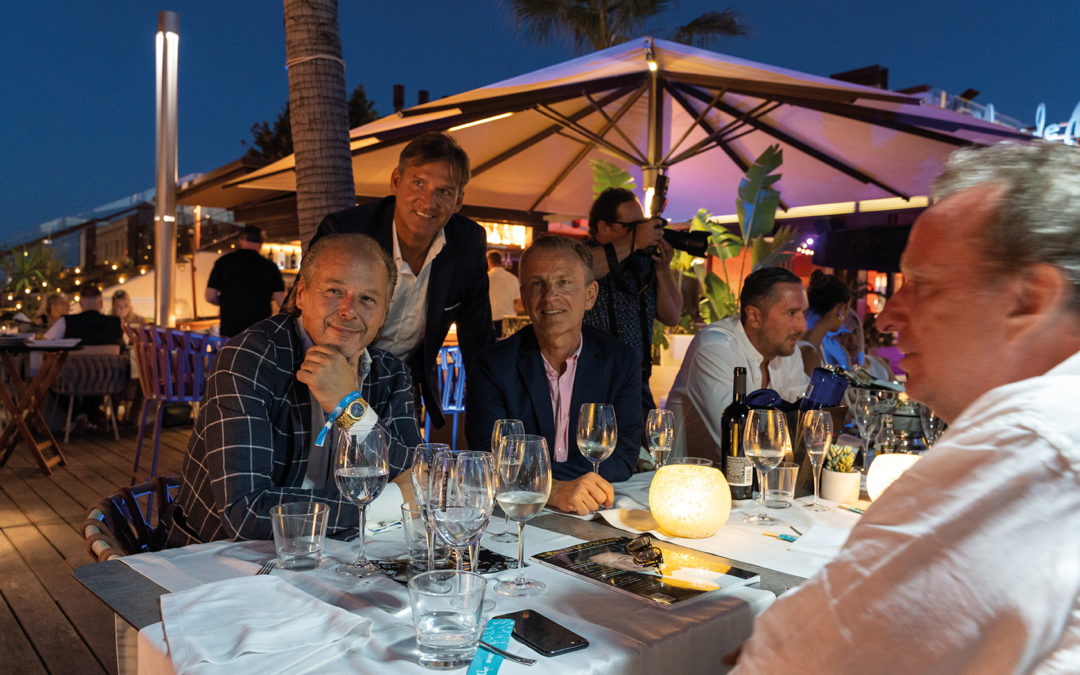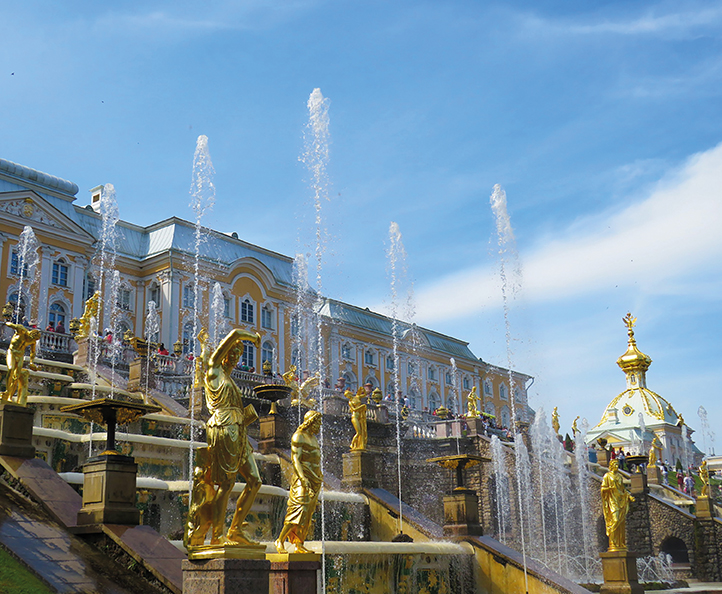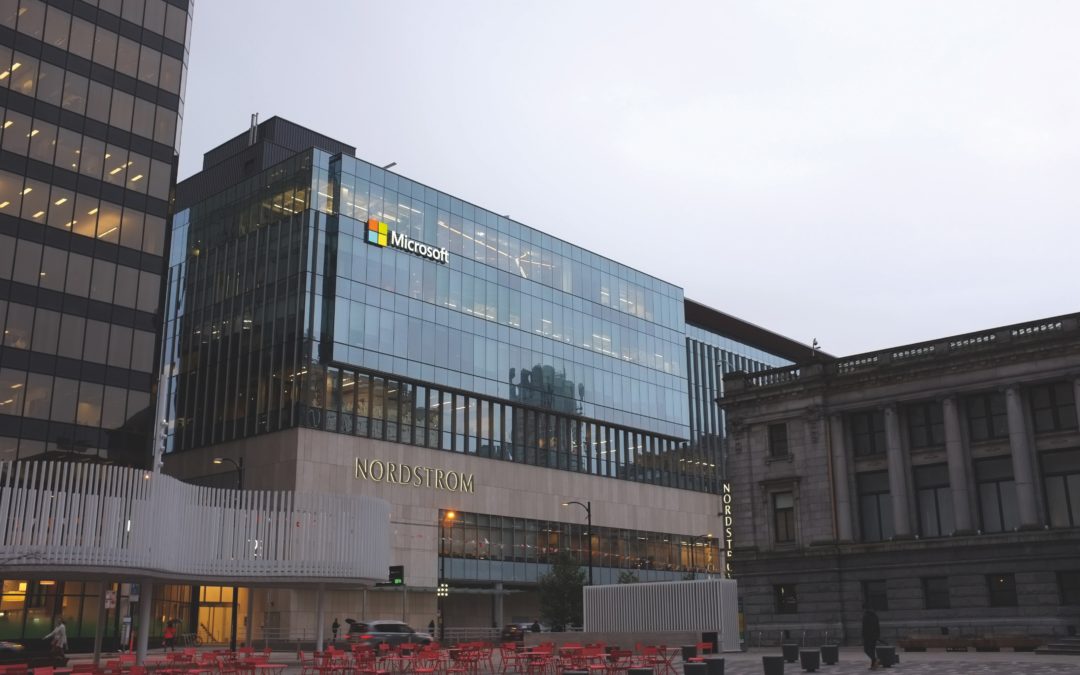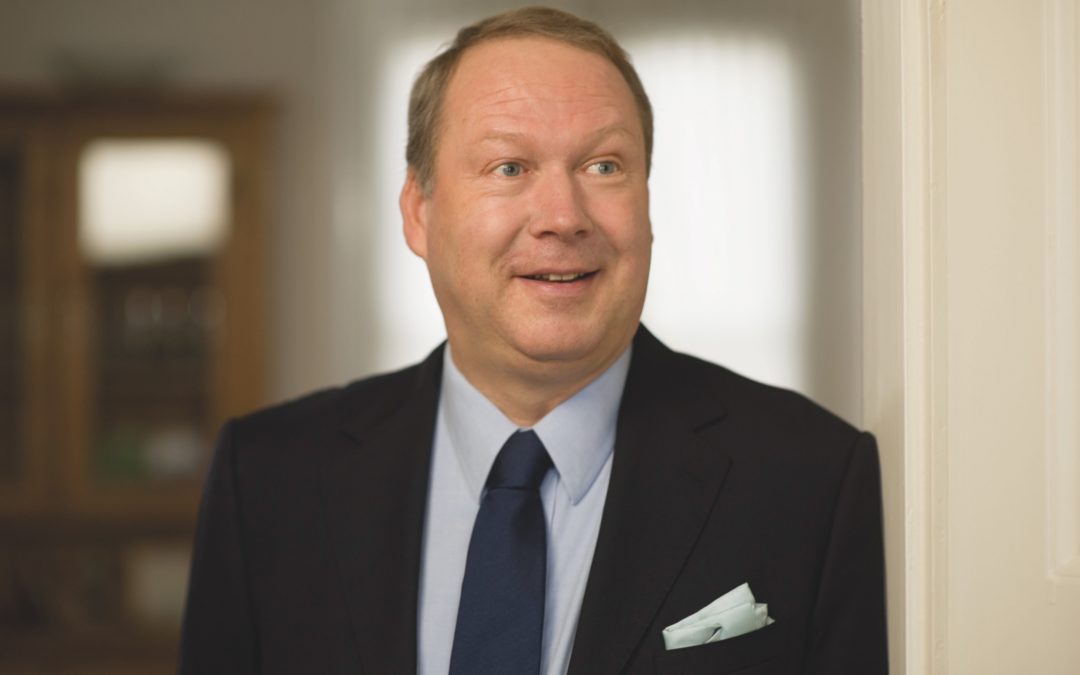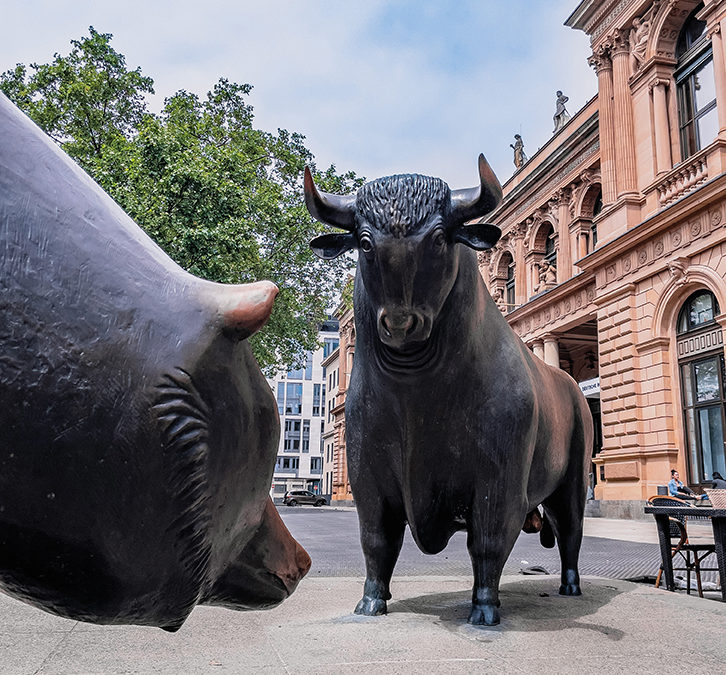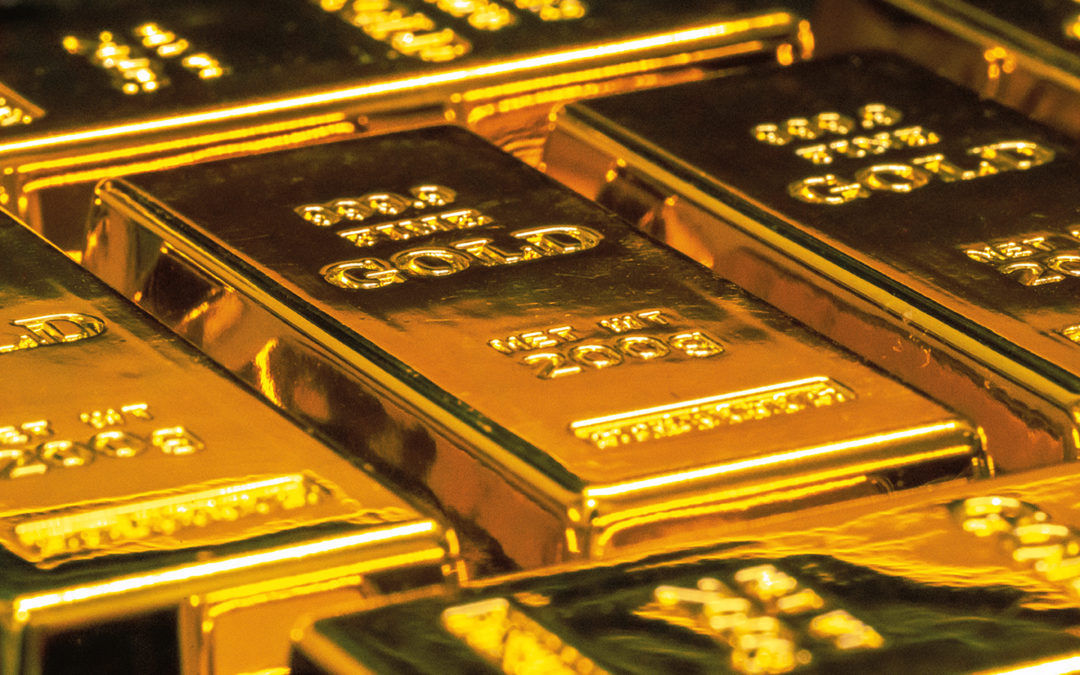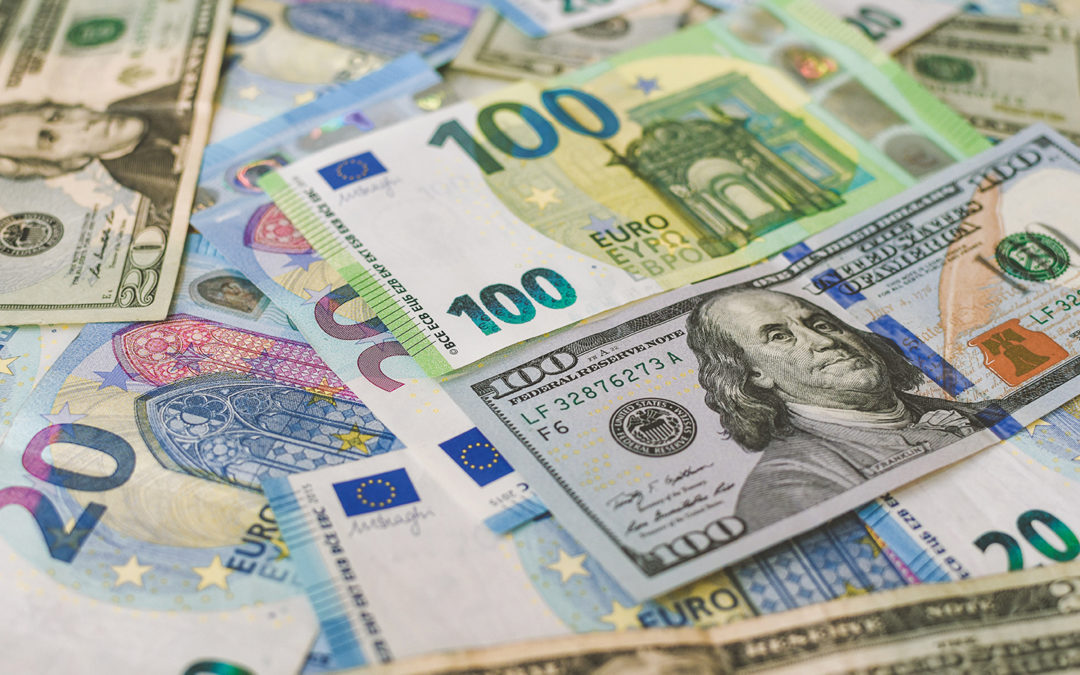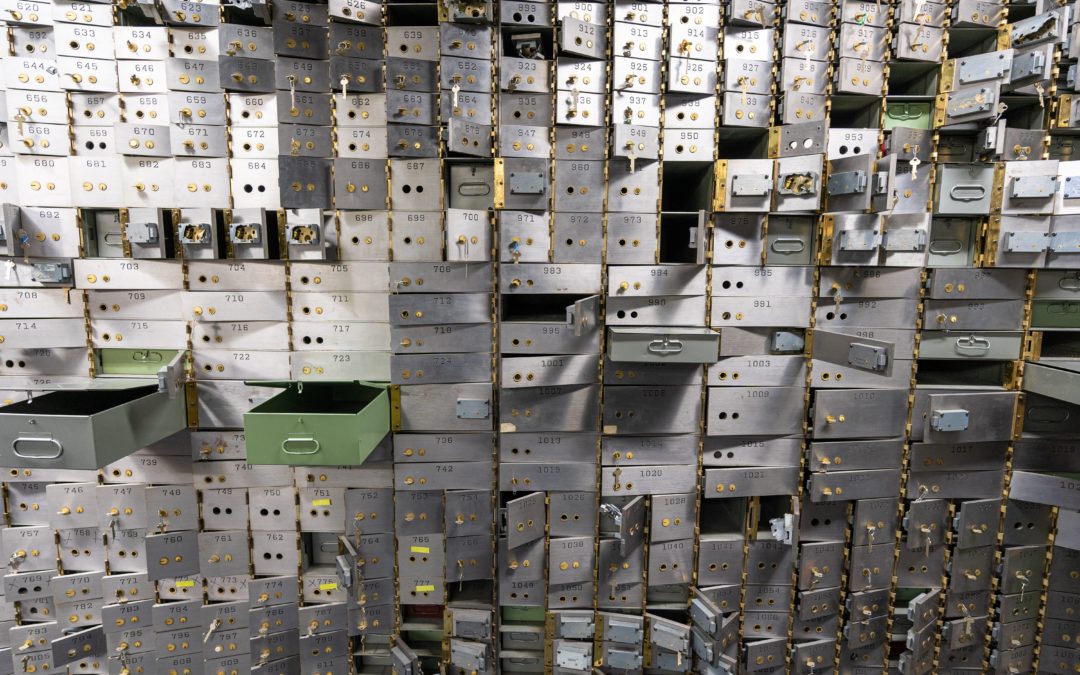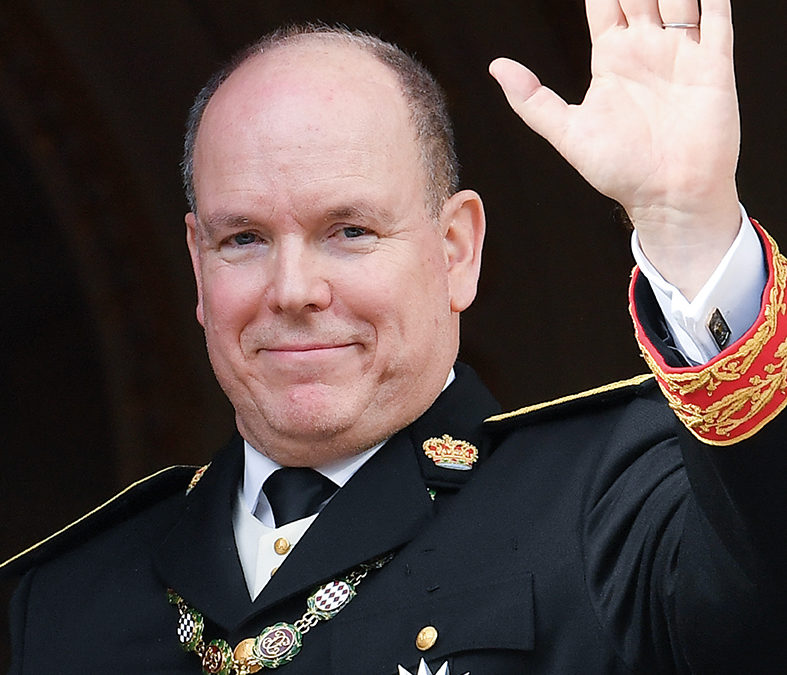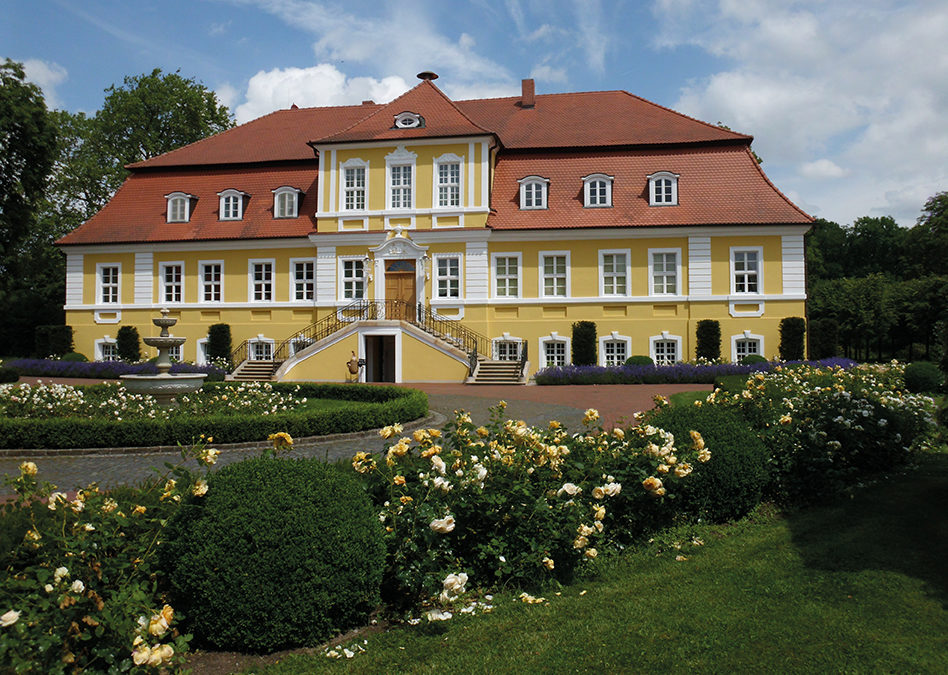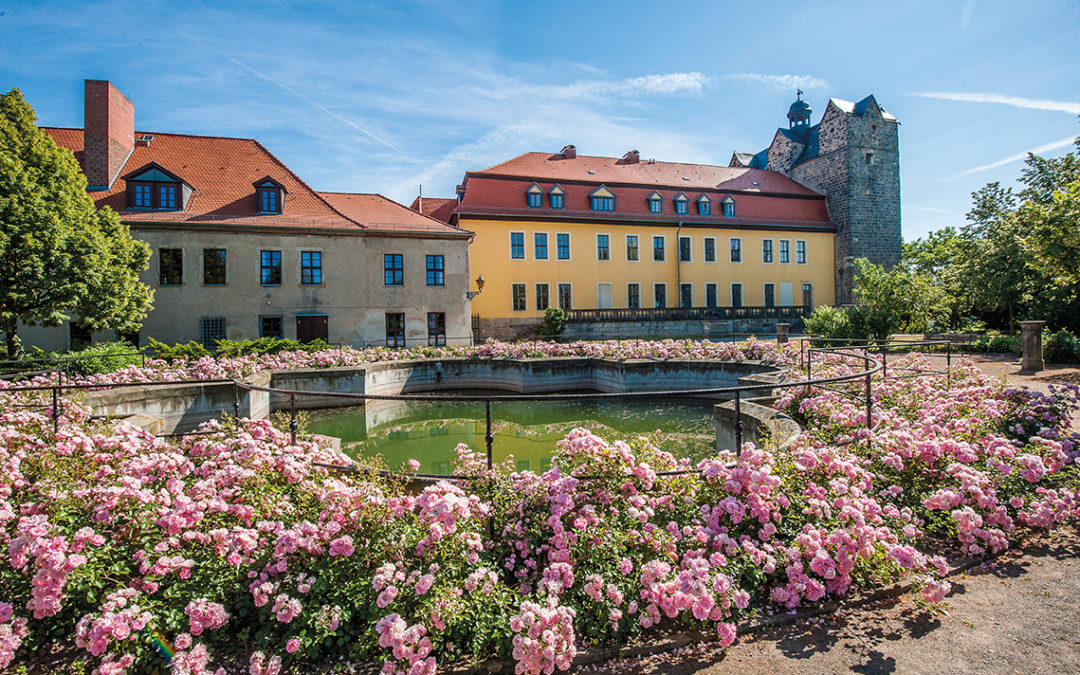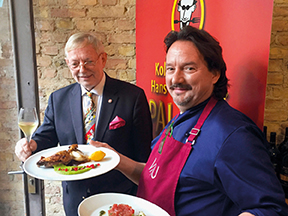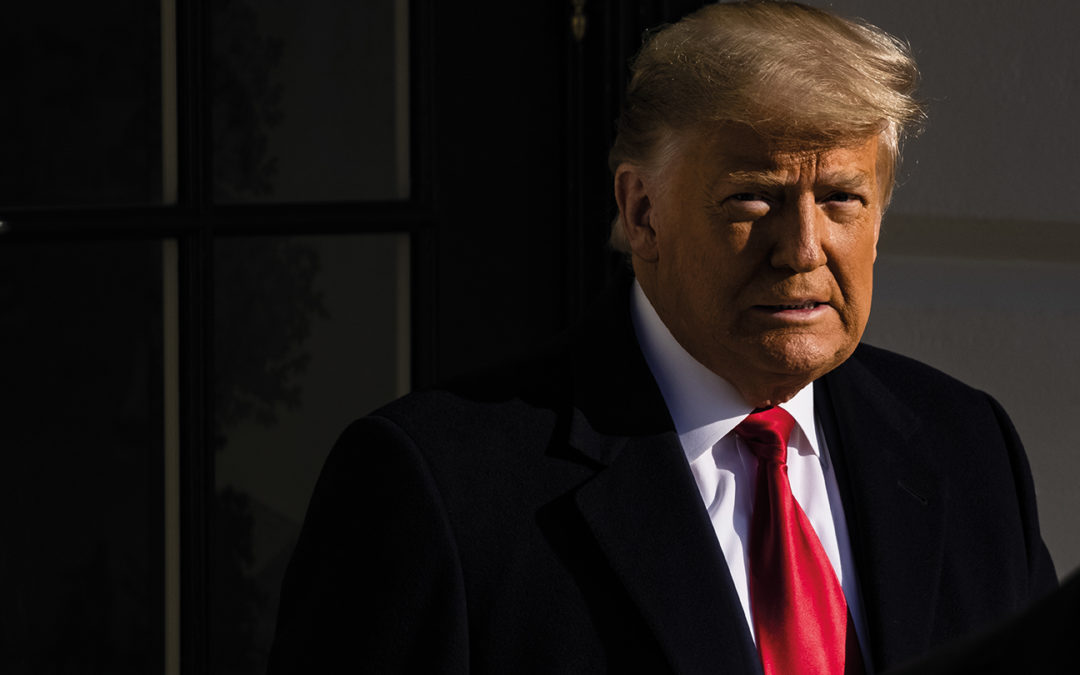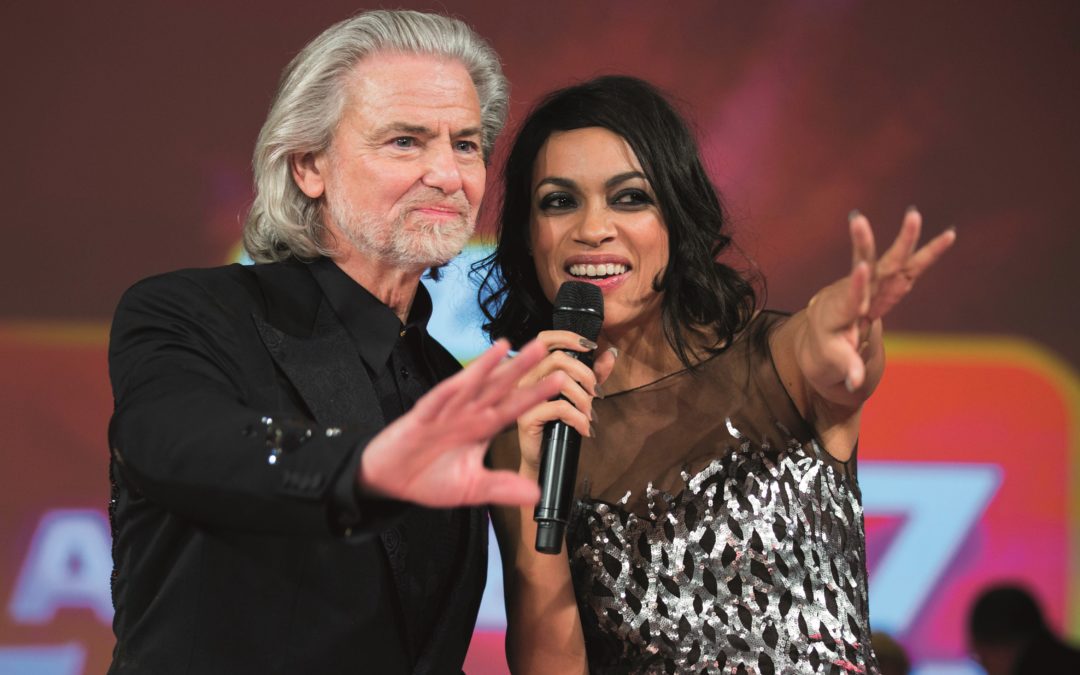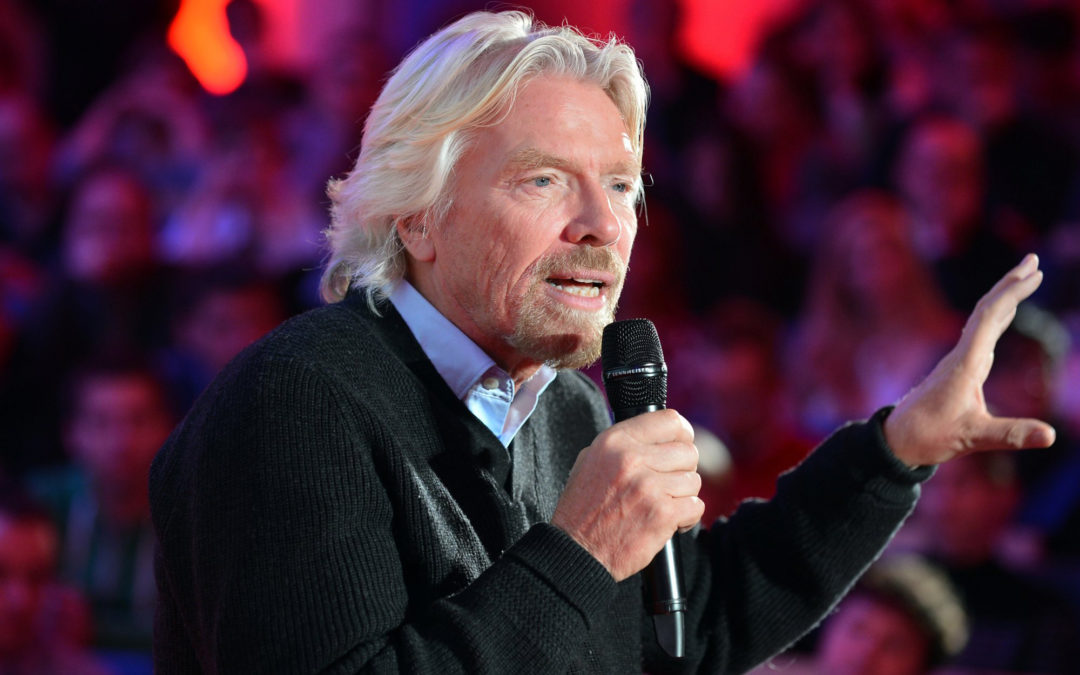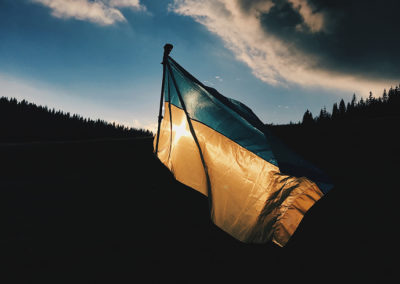turning point. So says the German Chancellor and so we can read in countless publications. What is the truth of this assertion, which compares the war in Eastern Europe with the turning point of 1989?
Let’s start with the causes of the war. If we detach ourselves from all the propaganda, a central picture emerges very quickly. A militarily highly equipped country with the nuclear capability to destroy the whole of humanity has invaded its neighbour. Not spontaneously, but deliberately prepared over four to five years. And also with clear intentions. In the neighbouring country, the freely elected political leadership was to be overthrown in order to make it a vassal and, in the best case, even to annex it. Since complete annexation has failed, at least for the time being, the current war aims are to annex significant parts of the country to the Russian empire. There is an almost forgotten word for such invasions: they are imperialist wars of robbery. Since the end of the Second World War, and even more so after the collapse of the Iron Curtain, they were considered absolutely inconceivable, at least in the Western world. Their resurgence destroys almost all certainties about the coexistence of peoples that were believed in in the Western countries.
The reason often given for the invasion is the expansion of Nato to the east. Yet, with Western arrogance, the attempts to explain the expansion simply refrain from asking those in Eastern Europe who, after 1990, pushed into Nato with great power. If this were finally done, perhaps such dates as 1953 in the GDR, 1956 in Hungary or 1968 in Czechoslovakia would come up. Historical events in which the Soviet leadership secured its power within the Warsaw Treaty by military means without hesitation. These and other experiences were the basis for many Eastern Europeans to suspect that a resisting imperialist Russia could at any time return to the old role of the Tsarist Empire or the Soviet Union of using military power to secure its own supremacy. Neutrality is not an option, as Ukraine is currently experiencing and neutral countries like Norway and Sweden have been realising for many decades.
But the turning point is not limited to the military conflict, nor to Russia. As is now increasingly clear, the world is once again splitting. States with a basic democratic order, which at least in most cases favour a rule-based order, are pitted against autocracies in which “strong men” interpret the rules in the way they need them at the moment. Not infrequently they go in the direction of internal repression and external aggression. Next to them, one might think, the non-aligned are again looking for their place. A depressing scenario with less than pleasant prospects.
For the economy, namely globalisation, the absence of rules or their deliberate ignoring is just as poisonous as the use of raw materials and energy sources as blackmail potential. The danger of a worldwide economic crisis is looming.
If food is used as a weapon, as can currently be seen with the blockade of Ukrainian grain exports, prices will rise in the rich countries and the poorest of the poor will be threatened by a new famine. Possibly resulting in a new wave of migration towards Europe or the USA born out of necessity.
All this is overshadowed by the actual crisis of humanity, which is currently clouded by war and armament: the climate change. It has the potential to make parts of the earth uninhabitable in a few decades, to prevent the production of sufficient quantities of food for a growing world population and to change the way of life we are accustomed to at present through a multitude of local catastrophes even in the rich countries. The connection between war and climate change is clear: capacities for armament are missing in the transformation of the economy towards CO2-free production. Rebuilding devastated countries like Ukraine requires not only money, but also building materials like cement and steel. These are products whose production is responsible for up to 20 percent of global CO2 emissions.
But where there is shadow, there is also light. The termination of the dependence on Russian fossil fuels accelerates the ecological restructuring of the economy in Europe more than political declarations. Human rights violations are no longer considered trivial offences, which people at home and abroad are happy to overlook in favour of a flourishing economy. The economy is diversifying at a rapid pace, both in terms of suppliers and markets. Supply chains are becoming more stable through good old-fashioned inventory management and the retrieval of production capacity. Companies are seeing resilience as an equally important goal as profitability and innovation. Nearly forgotten countries are emerging as key economic partners and receiving remarkable development boosts as a result. None of these things are self-propelling. But they do give hope that the development of humanity will not run even further into a dead end.
